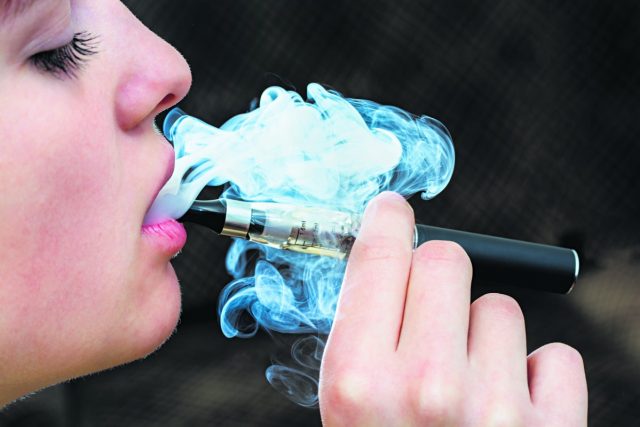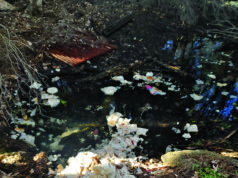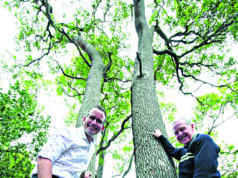A Curtin University professor has warned that young people may become unwittingly addicted to nicotine through vaping, as the State Government moves to tackle vaping among teenagers and school-aged students.
On Friday, Education and Training Minister Sue Ellery and Health Minister Amber-Jade Sanderson unveiled the first phase of the State Government’s action plan.
The Department of Education and Department of Health joined forces to create a WASchools Anti-Vaping Toolkit, which will be rolled out to schools and fully implemented by Term 4 of this year.
The toolkit, based on a New South Wales Health model, contains resources for school staff, students, parents and carers to educate them on the health impacts of vaping.
It is targeted at secondary schools in particular, but the resources will be useful for all schools and made available to the public and non-government sectors.
For schools and their staff, the toolkit will include information on strategies to minimise vaping among students and how to explicitly identify where vaping can be further addressed in the curriculum.
In Australia, it is illegal to sell, supply or possess nicotine vaping products such as e cigarettes or e-liquids that contain nicotine, without a doctor’s prescription, and it remains illegal for tobacco or general retailers to sell e-cigarette devices, whether they contain nicotine or not.”
Curtin University professor Ben Mullens has been investigating vaping for seven years, and he said that while there is a perception vaping is less harmful than smoking cigarettes that is largely true, it is the unknown ingredients of vapes that are of major concern.
“There is a really complicated chemical cocktail of flavours and other chemicals they add to vape liquids and a lot of them haven’t been properly tested.
“So, it may be less harmful but the real answer is we don’t yet know the full long-term effects.

“There are a lot of acute effects, a lot of users are reporting higher levels of asthma and allergy.
“They found through trial and error that a lot of things that are harmless in food are really toxic to inhale.”
More concerningly, he said that even vapes that claim to contain no nicotine often had some levels of the addictive drug.
“At the moment they’re not listing what’s actually in the vape, even actively trying to keep that a secret, and the few ingredients they do list they often get the concentrations wrong.
“The addictive component is nicotine, and the disposable vapes are illegal and largely contain very high levels of nicotine.
“A lot of them that are specifically labelled not to contain nicotine actually contain some nicotine, either accidentally or deliberately to get people hooked.
“It’s a big problem if we have a new generation of people addicted to nicotine, and there’s a lot of evidence that in countries where cigarettes are cheaper, they eventually move to cigarettes down the line.”














